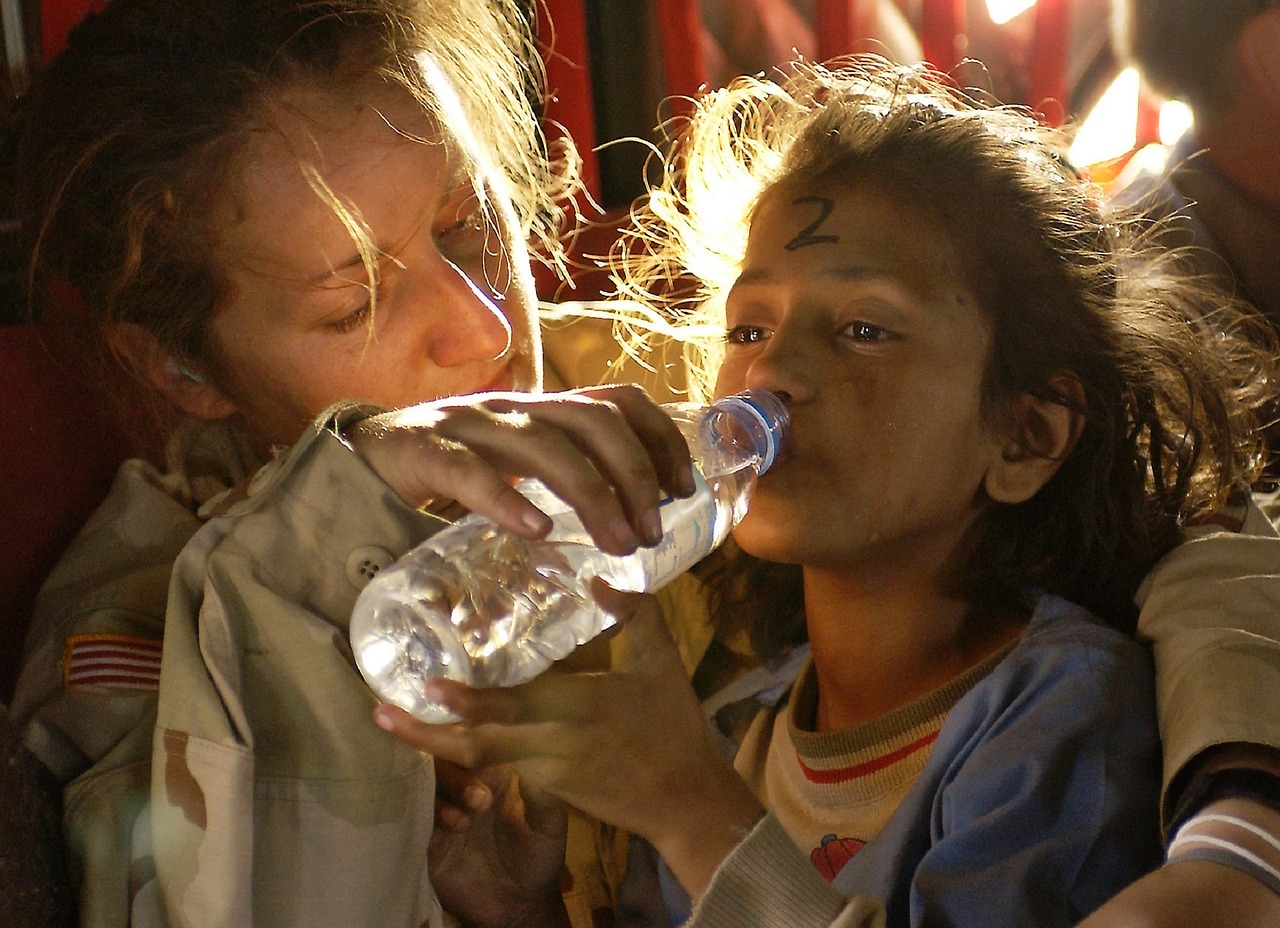Refugees Supported by Public Libraries in Europe

Due to the civil war in Syria, its people are leaving in droves and many are now refugees seeking asylum. Despite how difficult it has been for refugees to even be allowed into some countries, public libraries in Europe are on the forefront of making them feel as welcome and safe as possible. From the UK to Norway to Germany, public libraries are ensuring that refugees not only have access to information but also an environment where they can feel supported and empowered.
The European Bureau of Library, Information, and Documentation Associations (EBLIDA) is an independent umbrella association of library, information, documentation, and archive associations and institutions in Europe. They’ve issued a press release on the topic “Public Libraries in Europe Welcome Refugees”. The release includes this important statement: “EBLIDA understands the concerns of some countries in dealing with the refugee crisis and acknowledges that careful consideration requiring governmental measures at European and local level are necessary to facilitate the mass migration. At the same time, EBLIDA believes that libraries all over Europe should act as a platform for democratic and open-minded values, and be a safe place where social inclusiveness for all is a priority.” Many European countries have taken this to heart accordingly and appropriately.
In Germany, there has been an initiative launched that focuses on not just providing the basic resources of food and shelter to refugees, but also offering education and cultural programming to promote integration. France had a conference in Calais on September 29th regarding how to handle the refugee crisis titled: “Migrants in libraries: what do they need, how to welcome them, which services to provide?” Norway is holding fundraisers, donating books, giving library cards to refugees, and the Norwegian National Library has a grant for 10,000 Euros to buy more books in Arabic. Some British libraries are using their spaces as donation centers so that refugees can receive much needed supplies including tents, sleeping bags, clothing, shoes, soap and blankets.
The Network, a UK website that deals with social exclusion in libraries, museums, etc., discusses the refugee crisis in an article titled “How Can the Cultural Sector Support Refugees?” and points out that not only should libraries provide information to refugees, but that the libraries also should provide information about refugees to the greater community. Specifically, “about the realities of refugees’ lives, and to support refugees themselves, celebrating their achievements, as well as helping with understanding of why they have become refugees.”
Public libraries in the United States can take some of what is being done in Europe with the current refugee crisis and apply it to their own communities, particularly for communities with large immigrant populations. Although not all immigrants are refugees, they have left their countries, are in unfamiliar territory, and may not have a lot of knowledge about their new culture or a large support structure. As an immigrant myself who regularly used my American public library for access to materials, I cannot emphasize enough how important it was for my family and me to be able to integrate into the community with the help of our local library.
That library happened to be the wonderful Skokie Public Library in Skokie, Illinois, which continues to be aware of its diverse community and pushes its patrons to look outside their own bubbles. This includes the fantastic Coming Together in Skokie and Niles Township program that “spotlights” a particular culture. 2015 focused on race in general, while previous years focused on specific communities including Korea, Greece, Assyria, and the Philippines. We should be proud that our profession as a whole chooses to be so inclusive and open-minded, and we need to continue to find new ways to expand our patrons’ bubbles (as well as our own), and continue to look at new ways to stay inclusive and supportive of diversity.
Tags: europe, immigrants, migrants, refugees












